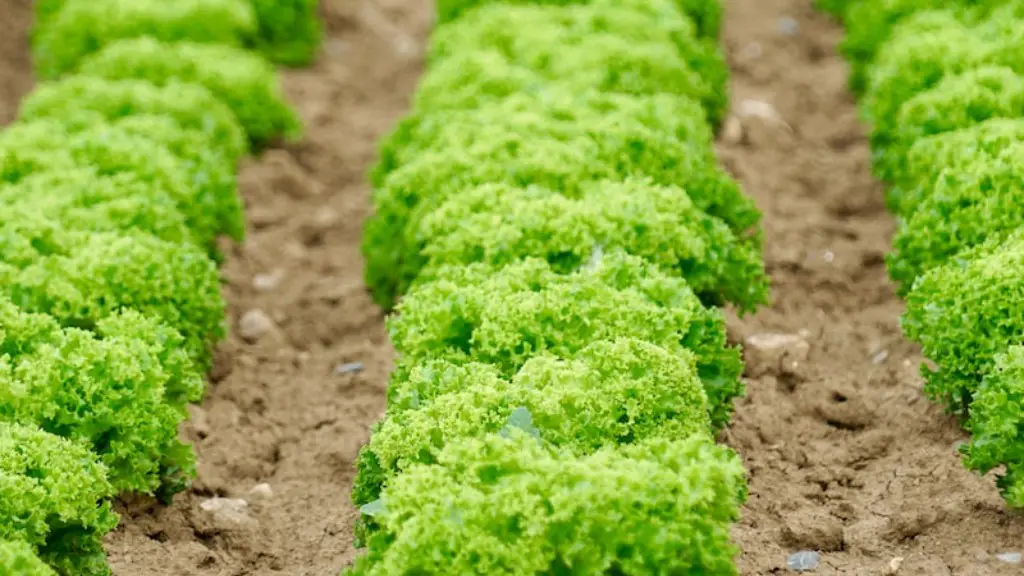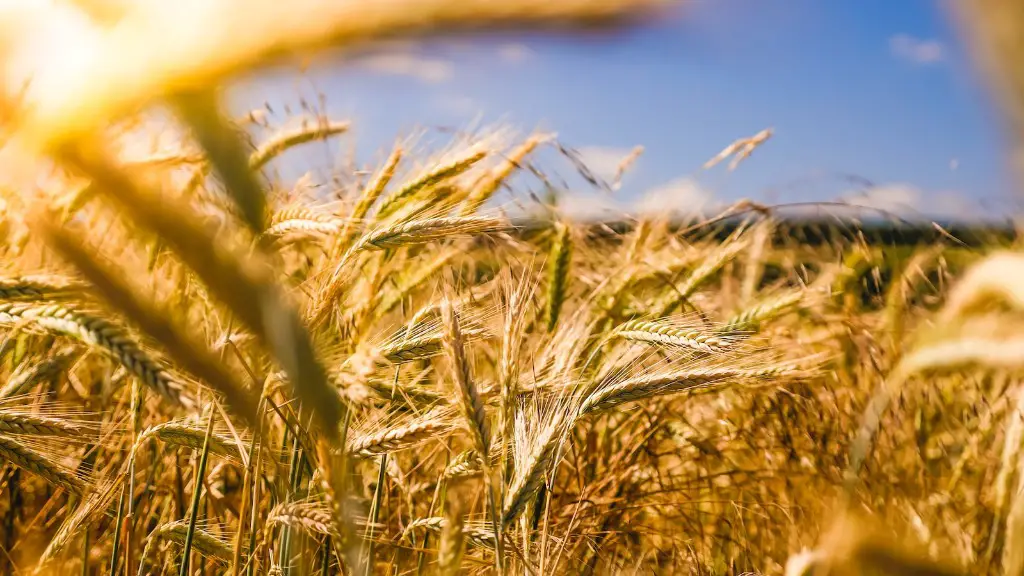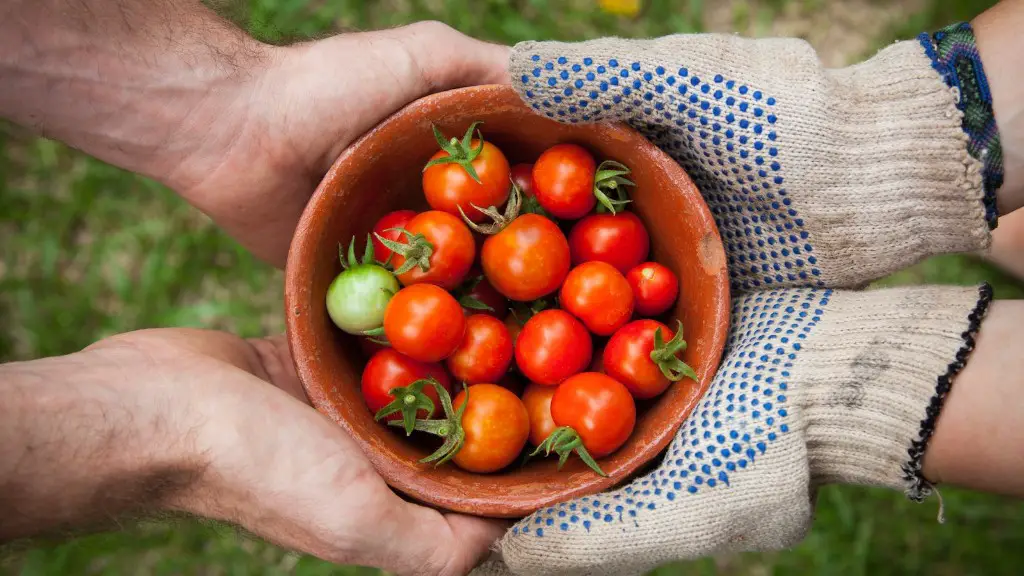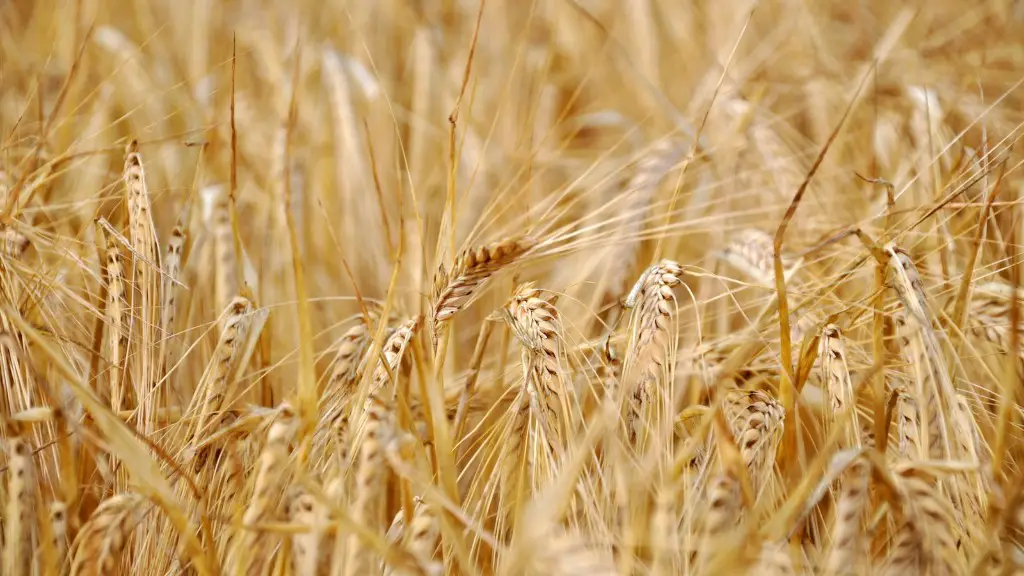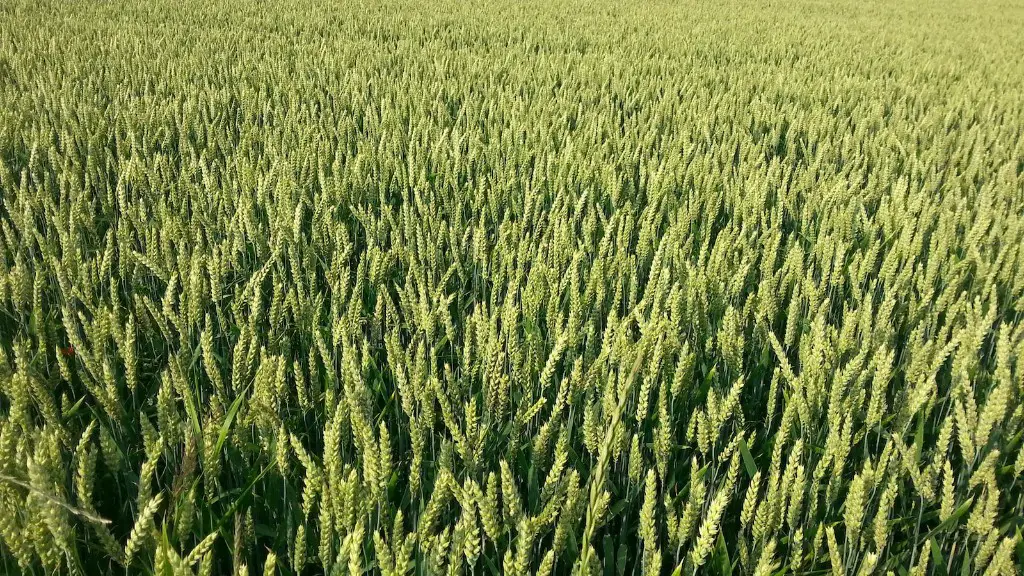Agricultural commodities refer to basic commodities or products related to the farming industry. These are products such as corn, wheat, rice, sugar, milk, fruits, vegetables, and livestock such as beef, pork, and poultry. Ag commodities are the most widely used raw materials in the world. They are traded both nationally and internationally and play a crucial role in the world economy. In fact, ag commodities are the most traded goods in the world.
Agricultural commodities are primarily used for food production and animal feed. They provide essential nutrients to consumers, such as protein, fiber, and essential minerals. As the demand for food increases, the demand for ag commodities also increases. This increased demand results in higher prices for ag commodities.
Agricultural commodities also provide a source of income to farmers in developing countries. Most of these countries depend heavily on export of agricultural goods, and many of them have very poor agricultural yields. Export of ag commodities helps provide employment for millions of people and can often make life more bearable for them. Without the export of ag commodities, many of these economies would struggle to survive.
Another benefit of agriculture commodities is the diversity of products they provide. Ag commodities provide a wide range of flavors, textures, and colors that can be used in a variety of dishes. They can also be processed and used as ingredients to be used in food production. Additionally, ag commodities are also essential raw materials in many other industries, such as pharmaceuticals, animal feed, and biofuels.
Agriculture commodities also provide stability to agricultural markets. By providing a steady supply of goods, they ensure that prices remain relatively stable. This helps protect farmers and consumers from sudden changes in prices, which can lead to market disruptions.
Finally, ag commodities are essential for the sustainability of the food production system. Without them, we would not be able to feed the world’s population. Agricultural commodities play a crucial role in providing food security for future generations.
The Impact of Agricultural Commodities on the World Economy
Agricultural commodities are essential for global economic stability. They help maintain global economic growth and provide an important source of income for farmers in developing countries. Agriculture commodities also help to reduce poverty, as they provide income and employment opportunities for those in developing countries.
Agricultural commodities also provide a market for agricultural products. Without the sale of ag commodities, many farmers would not be able to generate enough income to feed and provide for their families. By providing a market for purchase of ag commodities, farmers are able to access a larger pool of potential buyers.
Agricultural commodities also provide essential raw materials for industries. A lack of ag commodities could lead to higher prices, fewer jobs, and slower economic growth. Without ag commodities, industrial production could not take place.
Finally, ag commodities help maintain global food security. By providing essential nutrients for humans and animals, ag commodities are essential for food production. Without them, the world would not have enough food to feed the global population. This makes agricultural commodities a valuable asset to global food security.
The Challenges Facing the Agriculture Commodities Market
One of the major challenges facing the agriculture commodities market is climate change. High temperatures, droughts, and floods are all environmental factors that can reduce crop yields. As climate change becomes more severe, it becomes more difficult to reliably produce ag commodities. This results in price volatility, which can greatly affect farmers and consumers who depend on ag commodities.
Additionally, the market for ag commodities is subject to protectionist policies by governments. Many producers implement trade restrictions to protect their industries. This can limit the flow of ag commodities, resulting in higher prices and restrictions on the availability of ag commodities.
A final challenge to the agriculture commodities market is competition from other agriculture products. As more people choose to buy organic and non-genetically modified (GMO) products, ag commodities become less attractive. This can drive down prices for ag commodities, making them less profitable for farmers.
As a result, farmers are increasingly turning to alternative crops such as beans, nuts, and other legumes. This diversification of crops may help reduce the dependence on ag commodities and provide a more stable source of income.
Agricultural Commodities and Food Security
Agricultural commodities are essential for food security. They are used as ingredients in the production of food, and they provide essential nutrients that people need to stay healthy. Without ag commodities, the global population would not have enough food to sustain itself.
Agricultural commodities also provide a market for the sale of food. By providing a stable price and an accessible market, ag commodities help guarantee that food will be affordable and available. This helps to ensure food security, particularly in developing countries.
In addition to providing a market for food, ag commodities are also essential for global food security. Many developing countries depend on ag commodities for trading and export. They provide a source of income, employment, and essential raw materials for food production. This helps to ensure that even the poorest countries can produce enough food to feed their populations.
Finally, agricultural commodities are also essential for sustainable agriculture. By providing a stable source of nutrients to the soil, ag commodities help to maintain soil fertility and prevent topsoil from becoming depleted. Without ag commodities, soils would eventually run out of essential nutrients and quickly become infertile, making it difficult for farmers to grow food.
The Future of Agriculture Commodities
In the coming years, the production of agricultural commodities is likely to come under increasing pressure. A rising human population is likely to put pressure on global food production, resulting in higher prices and scarcity of ag commodities. Climate change is also likely to cause further problems as higher temperatures and more frequent droughts reduce crop yields.
However, it is also possible that better technology and investment in ag technologies could help to overcome these problems. Expansion of storage facilities and better transportation links could reduce the cost of ag commodities and make them more available to consumers. Advances in biotechnology may also help to create more resilient crops, reducing the risk of crop losses.
Agricultural commodities are also likely to remain an essential component of the global food production system. They provide essential nutrients, a market for food production, and a source of income for farmers. By understanding the importance of ag commodities, we can ensure that the global population will have enough food to stay healthy and secure in the future.
Conclusion
Agricultural commodities are essential for global food security and economic stability. They provide essential raw materials, a market for food production, and a source of income for farmers in developing countries. As the global population increases and climate change becomes more severe, it is likely that ag commodities will remain an important component of the global food production system. By understanding and investing in ag commodities, we can ensure that the world’s population will have enough food to stay healthy and secure in the future.
